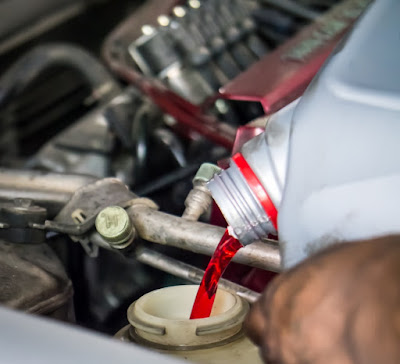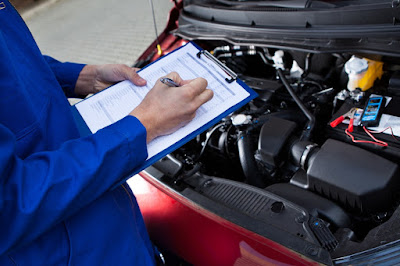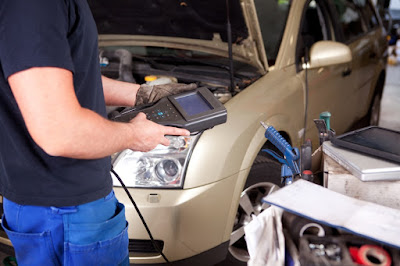If you’re wondering when should you change transmission fluid in your vehicle, you may want to know just what is the purpose of transmission fluid. First, it lubricates all the surfaces and components of the transmission system to prevent the friction that causes overheating, and secondly, it transmits power from the engine to the transmission.
A topic of controversy among mechanics is when should you change transmission fluid? Some say that transmission fluid should never want to be changed. But some vehicle manufacturers recommend replacing transmission fluid about every 100K miles, while some say about every 50K miles. Find your owner’s manual to see what it has to say, and then discuss the topic with a trusted auto mechanic.
In spite of the facts above, it is a fact that transmission fluid deteriorates over time. Particular driving conditions raise the transmission’s operating temperature and put more strain on the transmission and the fluid, such as frequent stop-and-go city driving, hauling weighty loads, or towing. If your vehicle has a lot of miles, it could be that the transmission could be developing a leak.
So when should you change transmission fluid? If the fluid has turned darker than usual it may be time for a transmission flush. Or, if you start to notice a burned odor, it could an indication that the transmission is developing issues, such as
- Delayed shifting.
- Difficulty and/or noisy shifting.
- Slipping in and out of gear.
- Overheating and burning smell.
If you have the transmission fluid inspected about every month, you can keep tabs on its condition, and prevent an expensive transmission repair down the road.
Are you wondering when should you change transmission fluid in your vehicle? Call our ASE Certified technicians at Proshop Automotive for more information about a transmission fluid change and to make an appointment. Our auto repair shop proudly serves residents in Colton, CA, and the surrounding areas.






